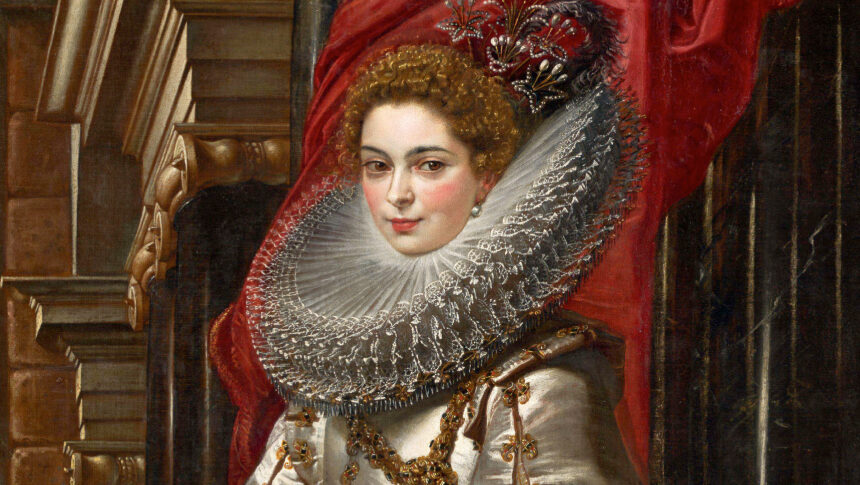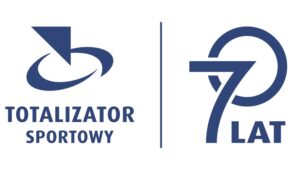Time 19:00
The Great Assembly Hall in the Royal Castle in Warsaw
BUY TICKET

On the 15th of April, 1667, two young boys joined the choir of Saint Germain l’Auxerrois church in Paris. Could they have foreseen that the art of sound would captivate them so completely that it would not only become their profession but also grant them immortality? Today, Michel Richard Delalande and Marin Marais hold a significant place in the history of French music, each achieving mastery in different areas of the art. Delalande was a gifted organist and harpsichordist as well as an outstanding composer. From the moment he secured the post of one of the four sous-maîtres de la musique in 1683, he steadily climbed the ranks, eventually holding nearly all of the major musical positions at the royal court of Louis XIV. He composed both stage works and instrumental music, but the crowning jewel of his oeuvre remains his more than seventy grand motets. One of these is Super flumina Babylonis, a work divided into seven sections that vary in texture, scoring, and melodic-rhythmic devices so as to convey the meaning of the psalm text.
Marin Marais, on the other hand, gained fame as a virtuoso of the viola da gamba, and it was for this instrument that he composed most extensively. His masterful command of technique allowed him to incorporate ever more innovative solutions into his works, while his exceptional sensitivity to sound enabled him to craft enchanting melodies and harmonies. In addition to his solo pieces, he also left behind some of the earliest French compositions for the trio ensemble. During the concert, we will hear the Suite in E minor from the collection Pièces et trio pour les flûtes, violon et dessus de viole, first published in 1692. After a dignified prelude and a virtuosic fantasia comes a series of dances – gavotte, sarabandes, and minuets. The suite concludes with two more elaborate miniatures: the wistful Caprice and the inventive Passacaglia.
The festival will conclude with the monumental Te Deum H.146 by Marc-Antoine Charpentier. It is no coincidence that the work is set in D major – a key associated with joy, light, and triumph. Its bright and festive character is accentuated by the extensive ensemble, showcasing varied instrumentation across different movements. The prelude that opens the work is perhaps the most famous musical motif to emerge from the French Baroque. Today, it serves as a ceremonial fanfare for important events, and since it is the signal of the European Broadcasting Union, it opens every Eurovision Song Contest – sometimes in quite daring arrangements. During our concert, however, it will be heard in its original form, as close as possible to how it might have sounded to the splendid yet tasteful court of Le Roi Soleil.
Marta Dziewanowska-Pachowska
PROGRAM
Michel Richard Delalande (1657-1726) – Super flumina Babylonis S.13
Simphonie. Super flumina Babylonis
In salicibus / Quia illic interrogaverunt nos
Hymnum cantate nobis / Quomodo cantabimus / Cantate nobis hymnum / In terra aliena
Si oblitus fuero tui
Adhaerat lingua mea
Memor esto, Domine
Filia Babilonis misera
Marin Marais (1656-1728) – Suite en trio e minore
Prélude lentement
Fantaisie
Gavotte
Rondeau
Sarabande en rondeau
Menuet I
Sarabande
Menuet II
Caprice lentement
Passacaille
Marc-Antoine Charpentier (1643-1704) – Te Deum H.146
Prélude
Te Deum laudamus
Te aeternum Patrem / Pleni sunt caeli et terra
Te per orbem terrarum
Tu devicto mortis aculeo / Judex crederis
Te ergo quaesumus
Aeterna fac cum sanctis
Dignare Domine
Fiat misericordia tua
In te, Domine, speravi
PERFORMERS
JULIA PLIŚ SOPRANO
IWONA LUBOWICZ SOPRANO
ANETA ŁUKASZEWICZ ALTO
ALEKSANDER REWIŃSKI TENOR
PAWEŁ MICHALCZUK BASS
THE CHAMBER CHOIR OF THE POLISH ROYAL OPERA
THE PERIOD INSTRUMENTS ENSEMBLE OF THE POLISH ROYAL OPERA CAPELLA REGIA POLONA
RENATA SZCZYPIOR CHOIR MASTER
KRZYSZTOF GARSTKA POSITIVE ORGAN / HARPSICHORD, CONDUCTOR
Duration: approx. 1h 15 mins
The seats in the auditorium are not numbered.
PATRON OF THE POLISH ROYAL OPERA






